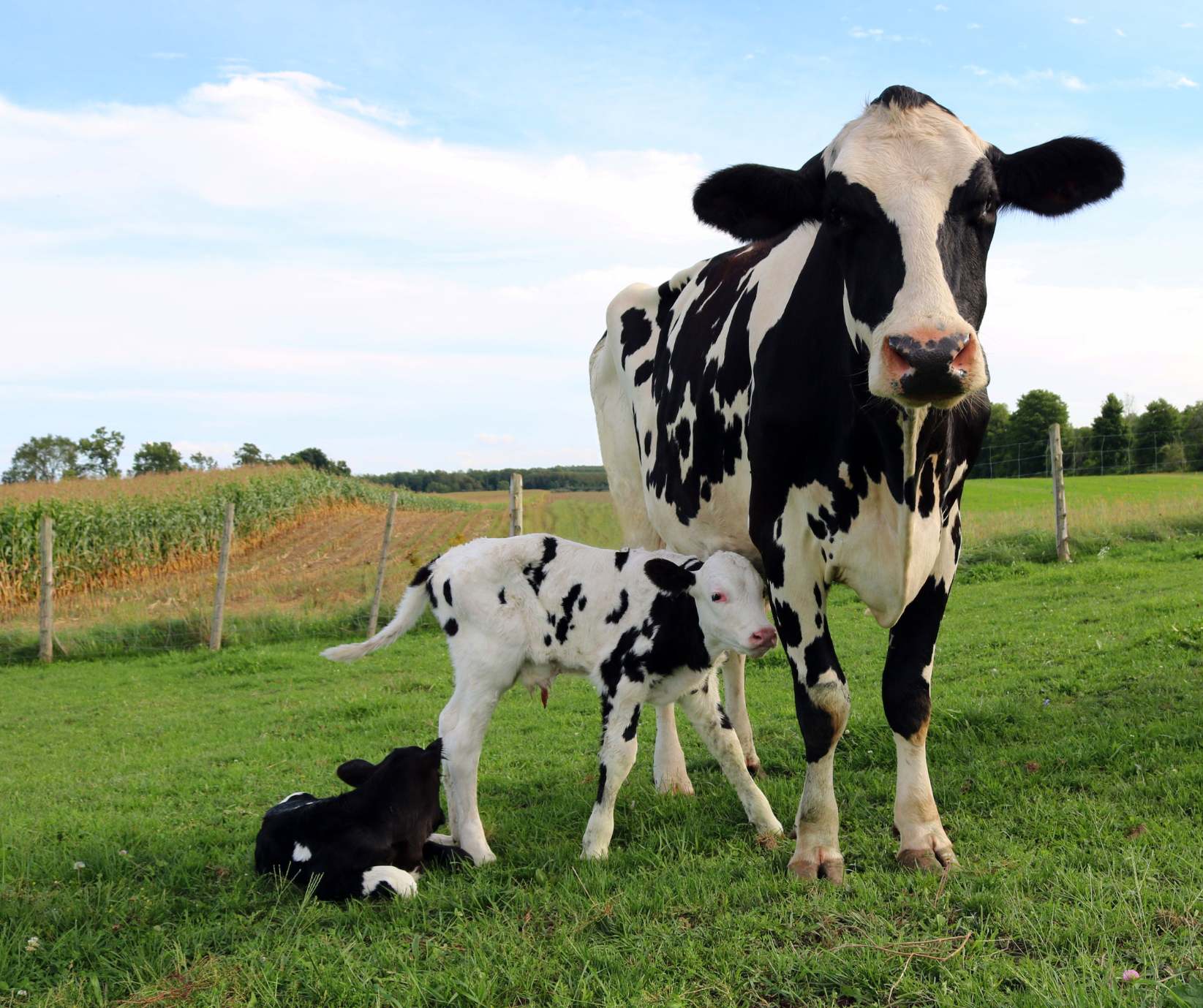
Happy Earth Day 2023!

Happy Earth Day, everyone! Did you know the Canadian government reports that more than 40% of Canadians already add more plant-based foods into their diets? This is a win for Mother Earth!
But we’ve still got a long way to go when considering how industrial animal agriculture can impact our planet.
Global animal agricultural practices emit up to 90 million tonnes of C02 into the atmosphere annually through the unsustainable burning of fossil fuels.
When we look at all global lands considered suitable for agricultural use, almost 80% of this land is used for raising livestock and growing crops to feed them. With just over 40% of agricultural acres in Canada being used for livestock production, one can’t help but wonder how many people could be fed instead if that land was devoted to growing crops directly for human consumption.
Even more alarming is how much water and other resources are used up by industrialized agriculture each year. For example, it takes over 15,000 Liters of water to produce a single kilogram of beef. In comparison, it takes roughly 300 litres of water to grow 1 kilogram of vegetables.
With so much land, water and natural resources devoted to the mass-scale farming of farmed animals, it’s no wonder why animal agriculture is the leading cause of habitat loss and species extinction. As humans continue with deforestation practices for the growing agriculture industry, wild animals will continue to see their ecosystems shrinking, forcing them to adapt or perish.
If we truly want to minimize our carbon footprint and environmental impacts, we must start evaluating our food choices. When you also consider the welfare concerns that arise when productivity and profitability come before an individual animal’s behavioural needs in industrialized agriculture, it becomes clear that animal agriculture is not sustainable and is not good for our planet.
This Earth Day, the Winnipeg Humane Society encourages everyone to learn more about our food impact on Earth and to check out the plant-based options available to you! This way, all humans, farm animals and wildlife can continue to share this planet in a kind and sustainable manner.

